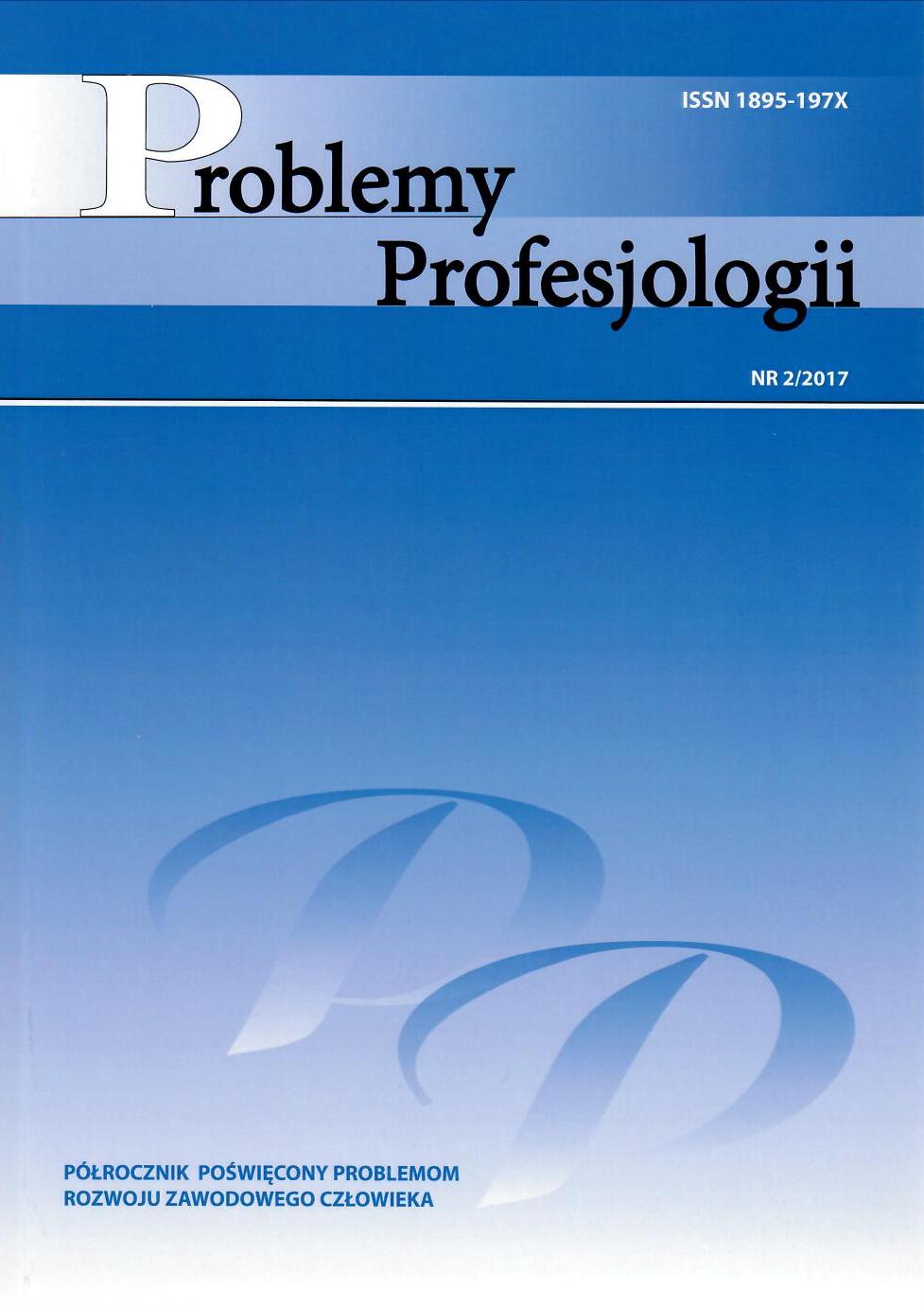PROFESSIONAL KNOWLEDGE IN EDUCATION: WHAT KIND OF ORGANIZATIONAL PRINCIPLES ARE BEHIND THE KNOWLEDGE PRACTICES, AND WHAT ARE THE CONDITIONS FOR DEVELOPING THIS KNOWLEDGE?
PROFESSIONAL KNOWLEDGE IN EDUCATION: WHAT KIND OF ORGANIZATIONAL PRINCIPLES ARE BEHIND THE KNOWLEDGE PRACTICES, AND WHAT ARE THE CONDITIONS FOR DEVELOPING THIS KNOWLEDGE?
Author(s): Erik BratlandSubject(s): Social Sciences, Education, Vocational Education
Published by: Polskie Towarzystwo Profesjologiczne
Keywords: professional knowledge; professions; teacher education; knowledge practices; Legitimation Code Theory; semantic gravity; semantic density
Summary/Abstract: The integration of theory and practice is the key element in research on professions and their knowledge. This topic polarizes researchers, and while some stress the importance of practical knowledge, for others theoretical knowledge is most important. At the same time, the ongoing neoliberal educational reforms have introduced a new and watered-down concept of knowledge in professional education. With a starting point in Karl Maton’s Legitimation Code Theory, this article introduces a set of more nuanced concepts, suitable for studying professional knowledge in education. The article refutes the generic concept of knowledge used by educational authorities and argues that professional knowledge is based on knowledge practices that are informed by specialized knowledge.
Journal: Problemy Profesjologii
- Issue Year: 2017
- Issue No: 2
- Page Range: 167-176
- Page Count: 10
- Language: English

